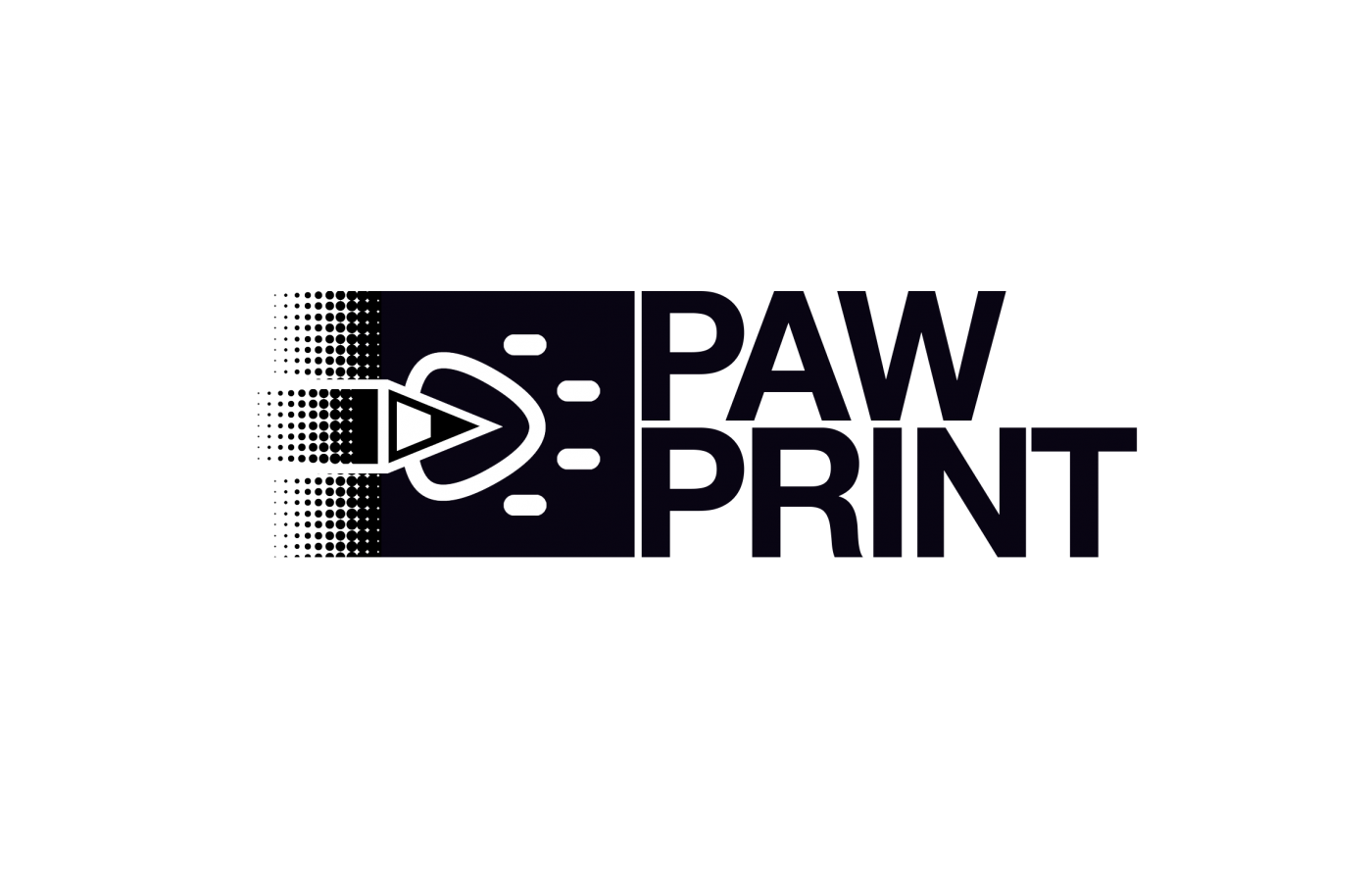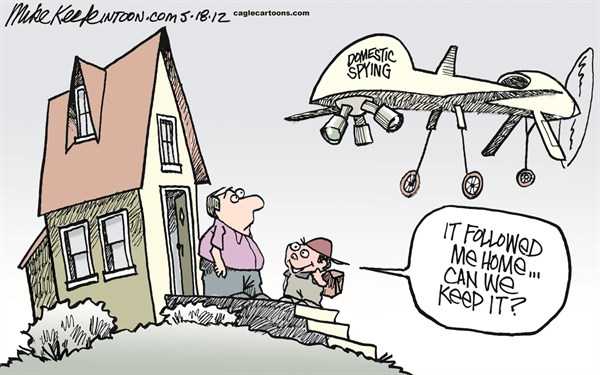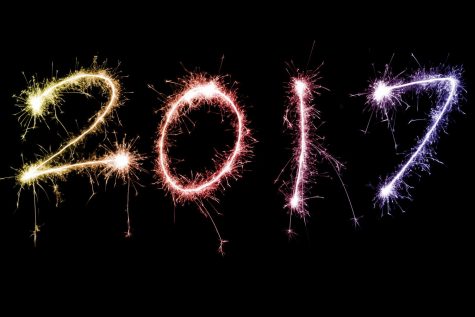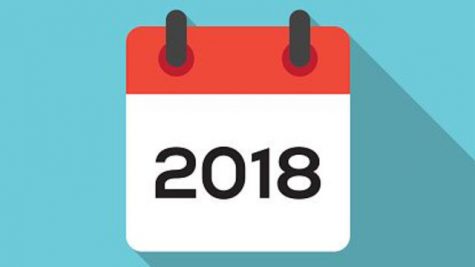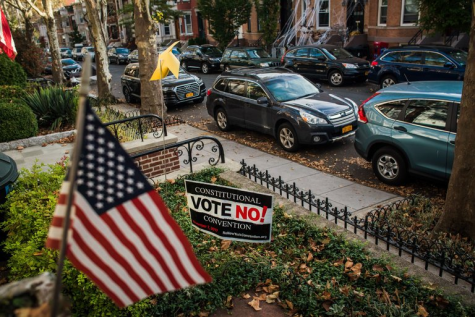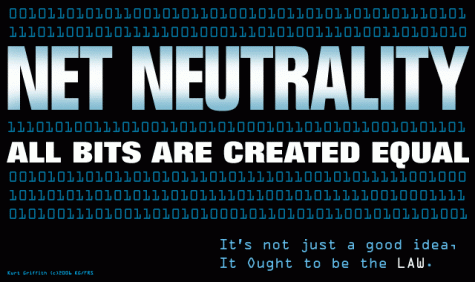Drones in the United States
Drones – we’ve all seen them somewhere. The American interest in drones has led to great bounds of progress in developing new technology and making that technology readily available and affordable to the general public. Because of how fast our technology changes, the federal government is left in the dust concerning new regulatory policies. This is a very prevalent problem regarding governmental, or private, use of drones for surveillance, or just for fun.
The effects of drone usage in the United States are widely debated upon. Some argue they will increase safety while others point out that they may build a society reminiscent of dystopian novel 1984. States, meanwhile, are already lobbying for drone test sites. Tens of billions of dollars in economic benefits will be pumped into states that end up getting drone testing sites. These sites will be used in testing how to integrate drones to ensure that they are used safely and legally.
Drones are becoming increasingly prevalent in today’s society from commercial to recreational use. Just a couple weeks ago, Whitman’s robotics club used drones to photograph Powder Puff. Amazon will soon use drones as a major form of quick one-day shipping on certain items. Recently, there have been cases of drones used and crashed at sporting events, endangering the lives of fans and athletes present. Debate.org outlines some of the opinions and beliefs on drone legality. Many believe that drones can be used in a dangerous manner and infringe on people’s privacy, especially with new drones that are featuring remote cameras. Others argue for the necessity of maintaining our freedoms, including our right to property. Others suggest mandatory drone license courses and examinations.
The American Civil Liberties Union reports that the federal government does not currently have clear, consistent standards mandated to protect American’s’ privacy. Former FBI director Robert Mueller III (2001-2013) admitted that his administration’s drone policies were only in their initial stages of creation. If drones are created, and tests run without clear restrictions, then how can citizens be adequately protected from their excessive use and misuse? According to current laws, flying drones are considered to be aircraft by the government. And, because of the way the laws are written, it is illegal to shoot down an aircraft, and even a UFO. However, Americans do have some rights in preventing the technically lawful act of someone flying his or her drone over private property. Individuals can file lawsuits for a “private nuisance,” which applies to how the device disrupts one’s enjoyment of private property.
Clearly, the American people feel very strongly about this topic and need answers from the federal government about preserving and protecting their rights. As the technology keeps changing, the government will continue to (slowly) adapt to these new circumstances. A drastic change in the legal approach to drones is needed though to appease the American public.

